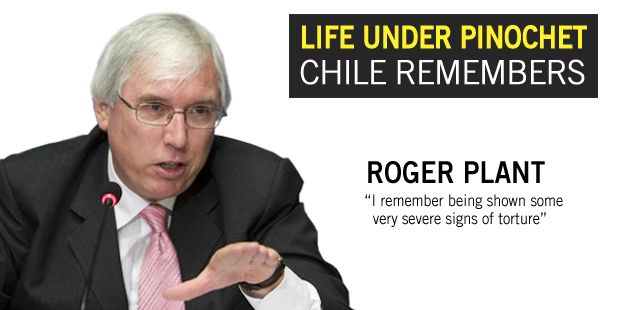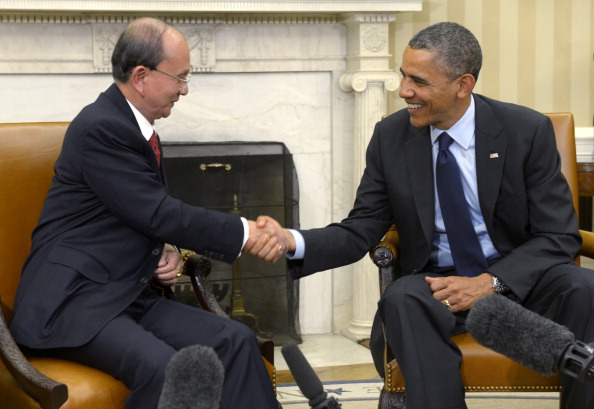In advance of the International Day of the Disappeared on August 30th, we have the following feature on Augusto Pinochet’s regime.
Roger Plant joined Amnesty International in 1972 to cover the organization’s work on Latin America. A few months after Pinochet took power by force, he went to Chile to document the arbitrary detentions, torture and disappearances. The result was a groundbreaking report that helped shine a light on the reality of life in the Latin-American country.
As a young researcher, Roger Plant had only been working for Amnesty International for less than a year when Augusto Pinochet launched his coup d’état in 1973. With his feet barely under the desk, it was a baptism of fire – a seminal moment that would eventually define his career.


